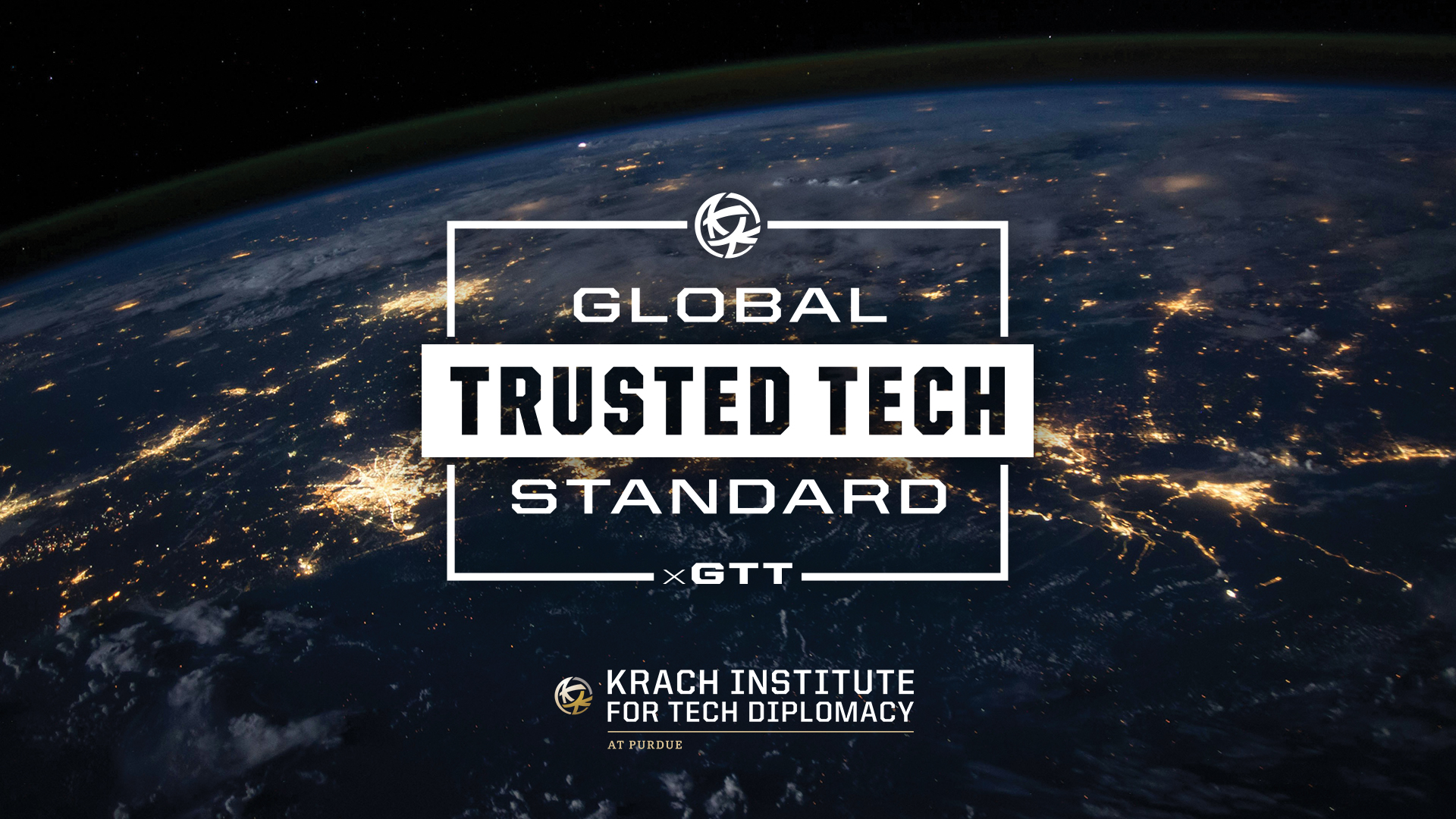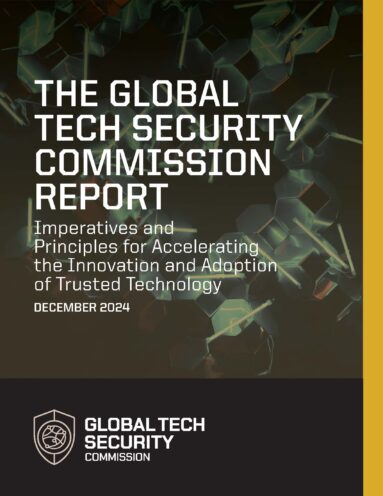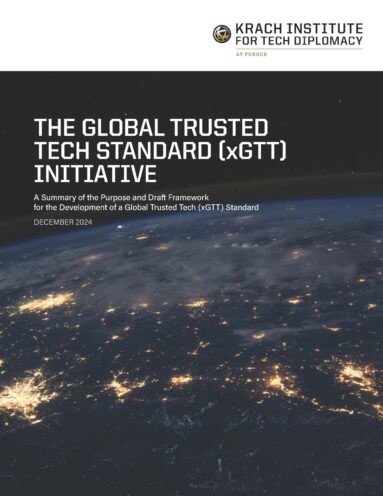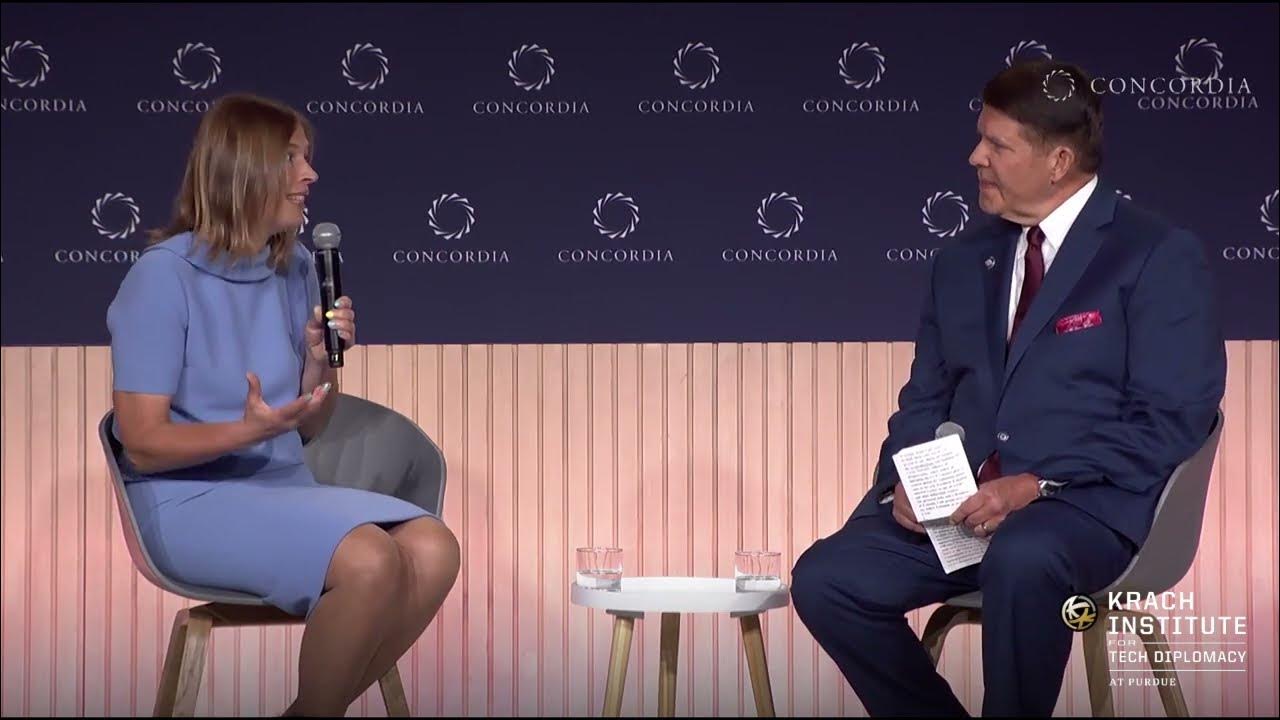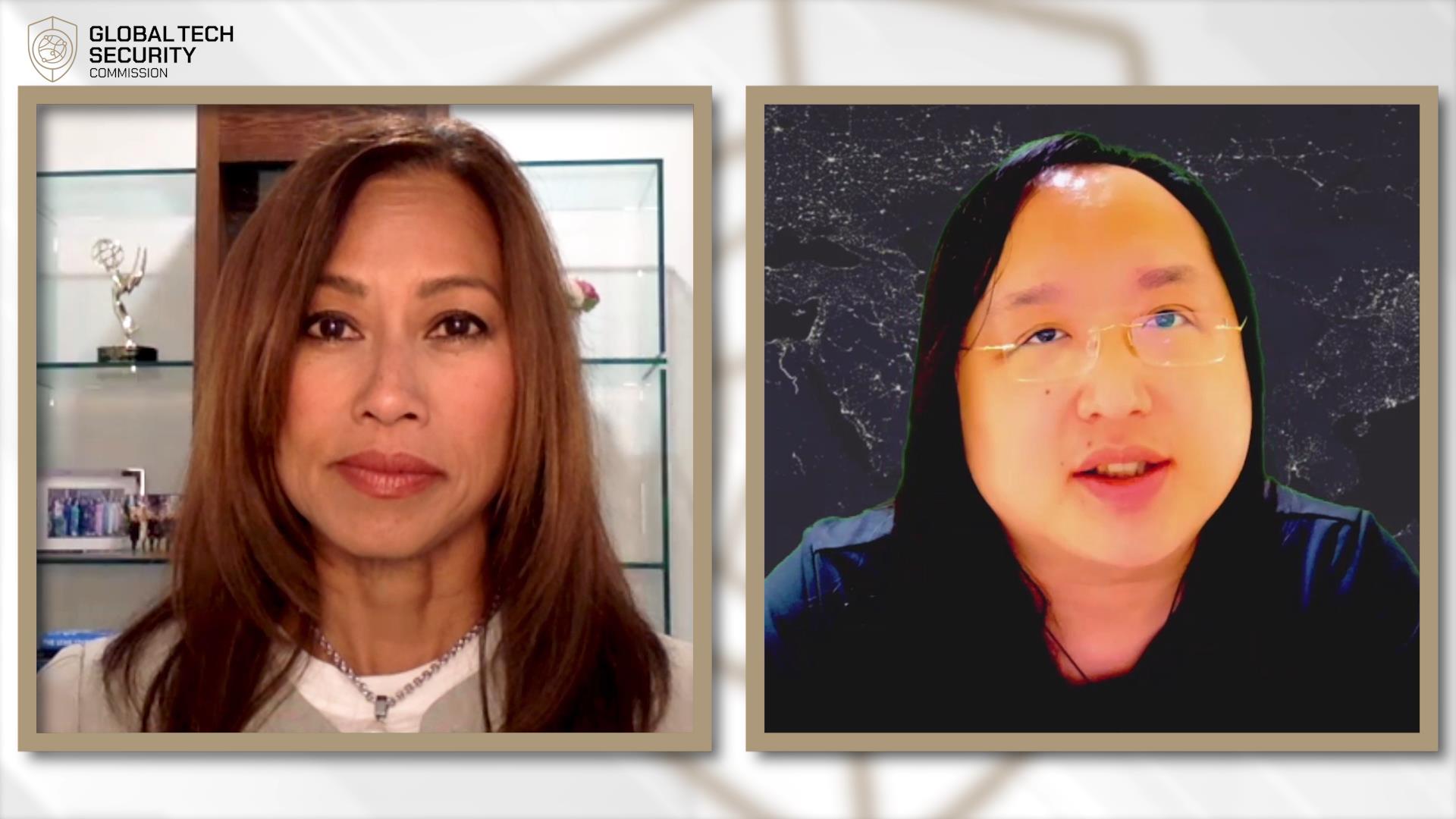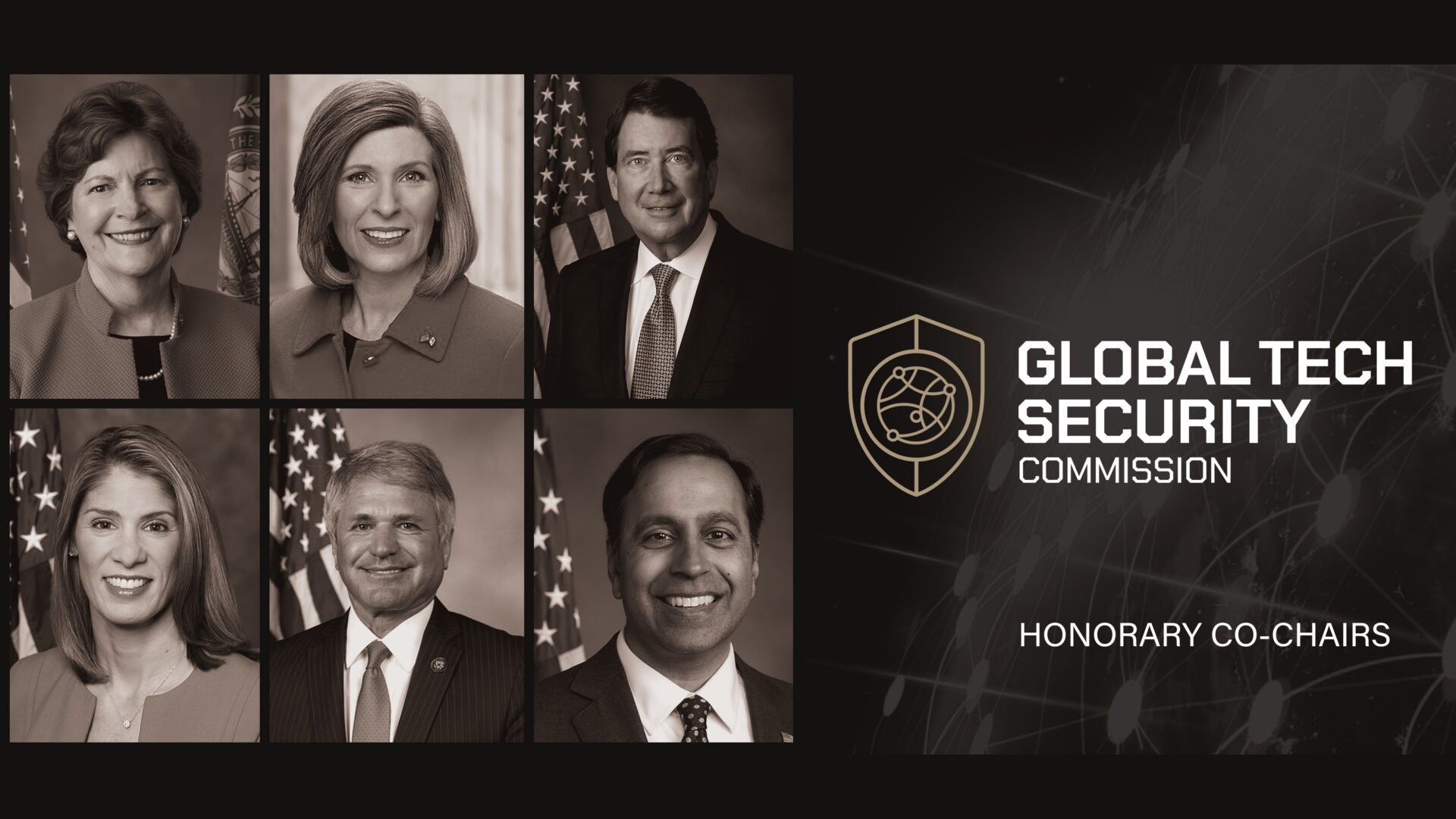About the Global Tech Security Commission
Global Tech Security Commission (GTSC) was chartered by the Krach Institute for Tech Diplomacy at Purdue with bipartisan support from the U.S. Congress and international partners. The multi-year Commission, which includes a global network of more than 200 public- and private-sector experts, examined the technological landscape and produced recommendations to accelerate the innovation, deployment, and adoption of trustworthy critical and emerging technologies. Read the Commission’s seminal publication, THE GLOBAL TECH SECURITY COMMISSION REPORT below.
Emerging technologies such as artificial intelligence (AI), autonomous systems, 5G and 6G, hypersonics, quantum computing, and many others are having and will continue to have a dramatic effect on the geopolitical landscape.
Both authoritarian nations and free societies are pursuing the development of these technologies to gain economic, military, and strategic advantages. Whomever seizes the commanding heights of these technologies will have a greater ability to dictate world events.
In pursuit of the Krach Institute for Tech Diplomacy at Purdue’s goal for a world in which technology advances freedom, the Institute’s Global Tech Security Commission (GTSC) established five priority domains in which action must be taken quickly to seize the advantage and prevent authoritarian nations, most concerningly China, from obtaining geostrategic leverage through key technologies:
- Leveraging education and R&D to educate all actors in the tech ecosystem
- Shaping international standards to favor trusted technologies (see the just-released Global Trusted Tech Standard framework)
- Securing technological supply chains and infrastructure
- Ensuring capital markets are not sources of funding for the development of untrusted technologies worldwide
- Enlisting private sector boards of directors to mobilize the private sector as a key leader in ensuring that technology advances freedom
The Commission has also articulated the Principles of Trusted Tech Diplomacy, with which the members of the Global Trusted Tech Network—the group of all public and private actors committed to ensuring that technology advances freedom—should align.
Read the THE GLOBAL TECH SECURITY COMMISSION REPORT and join our movement to ensure tomorrow’s tech is trusted tech. For more information about how you can join the Global Trusted Tech Network, reach out to us at techdiplomacy@prf.org.
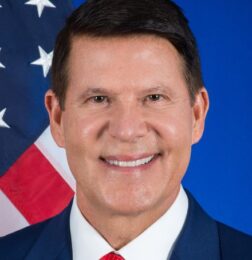
The key to securing freedom for the next generation is securing technology. Tomorrow’s tech must be trusted tech, developed and protected by a Global Trusted Tech Network of like-minded countries, companies, and individuals who respect the rule of law, human rights, property rights, fair labor practices, responsible environmental stewardship, freedom of expression, and national sovereignty.
Keith Krach
Co-Chair, Global Tech Security Commission;
Chairman and Co-Founder, Krach Institute for Tech Diplomacy at Purdue

